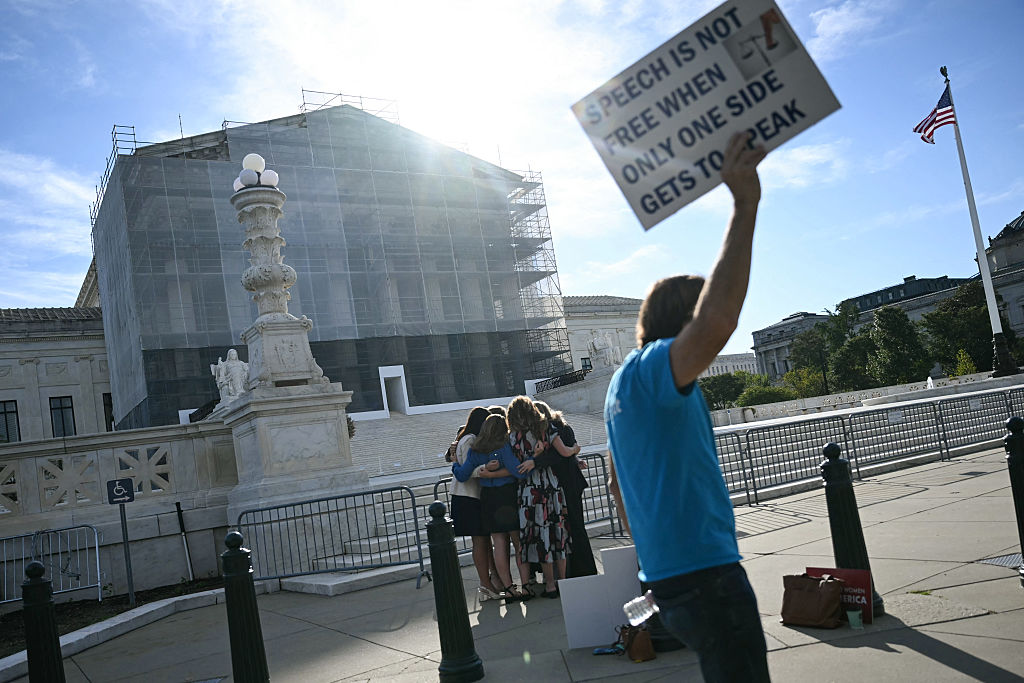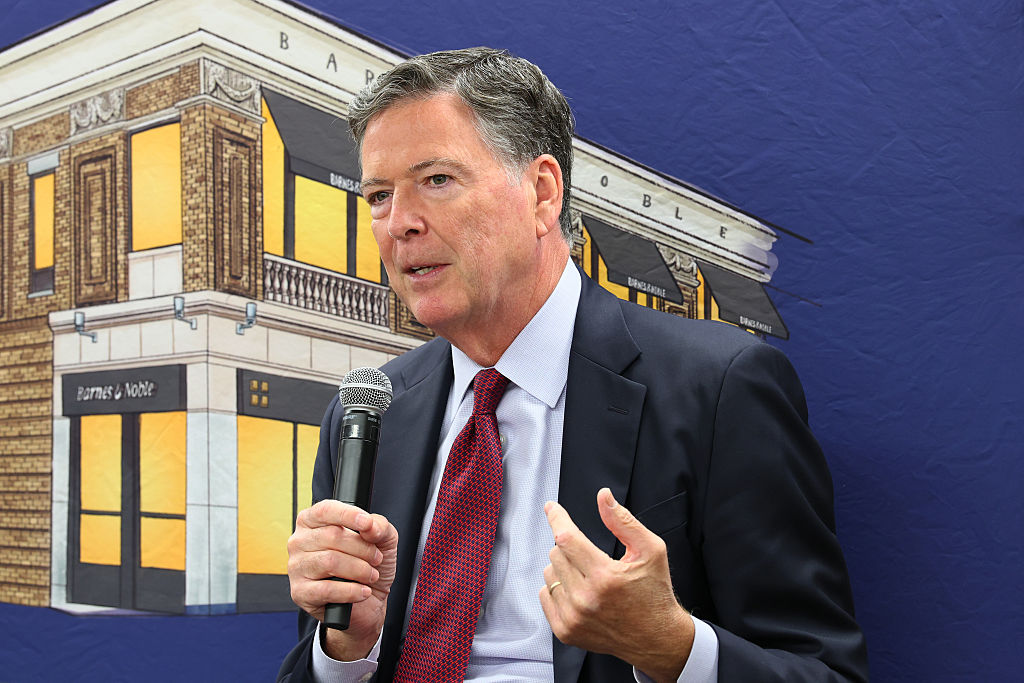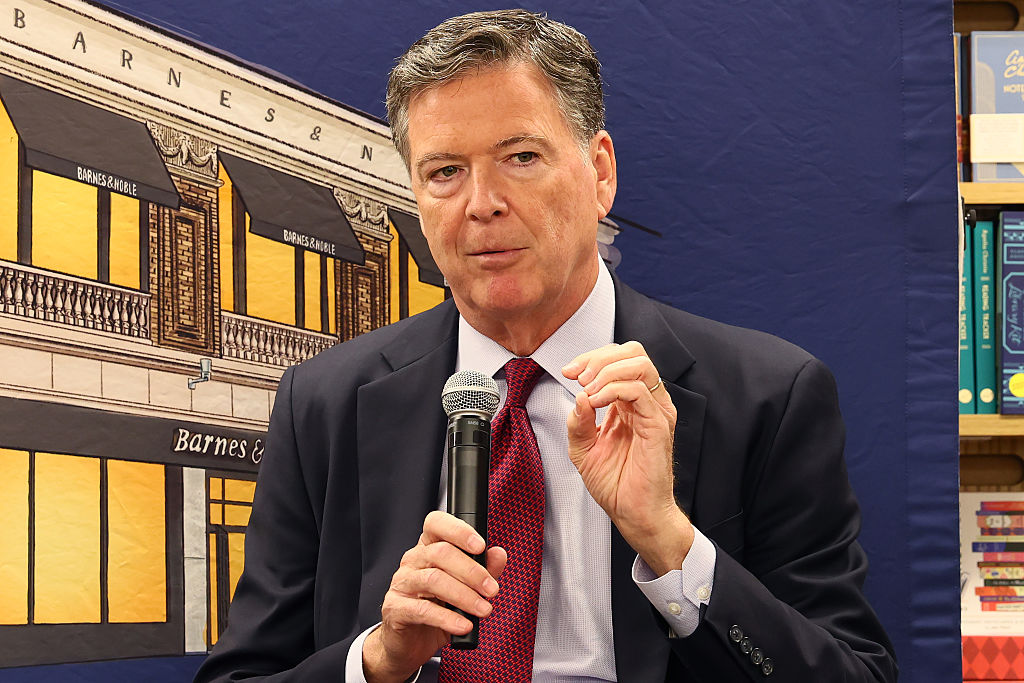Ah, Seattle, that environmentally obsessed city where all is decorous, the sidewalks immaculately swept, the parks rigorously trimmed, proverbial for its shimmering lakes and charming rows of variegated tents housing those of no fixed abode — and recently, too, for a municipal government with much the same level of restraint as a bus being driven downhill by the Marx Brothers.
Readers may be familiar with the strange phenomenon of a civic treasury that marries heady rhetoric about its prudent stewardship of public money with a cynical disregard for the suckers who actually foot the bills. Surely our bureaucrats know no greater pleasure than when it is given to them, as the poet has it, to scatter plenty o’er a smiling land and read their fortune in the people’s eyes, or, failing that, to drop a million or two without any recourse from the hapless taxpayer.
Our story begins in June 2020, that era of social distancing mandates and mass race protests on American city streets, when the almost heroically inept mayor of Seattle, one Jenny Durkan, informed CNN: “We’ve got four blocks here that [are] like a party atmosphere. It’s not an armed takeover… I don’t know how long it will last. We could have the Summer of Love.”
The mayor’s sanguine words referred to an enclave on the edge of the city’s business district, known variously as “CHAZ” or “CHOP” (for “Capitol Hill Organized Protest”), established after the George Floyd riots that enlivened so many American communities that summer. One defers to Durkan’s evocation of the spirit of 1967, with its intoxicating hint of young women swaggering around in Courreges miniskirts to a soundtrack of the Grateful Dead, but I have to say the analogy that struck me most on my own tour of the area was to the old Checkpoint Charlie.
It’s true that CHOP lacked the more grotesque accoutrements of that Cold War edifice. So far as I could see there were no guard towers, floodlights, alarms, landmines, metal spikes or attack dogs. But the essential vista of a zigzagging maze of concrete blocks patrolled by armed guards, loomed over by a wooden sign advising the traveler that he or she was leaving one world and entering another, would have been instantly familiar to anyone who found themselves in Berlin between the years 1961 and 1989. Also perhaps belying the hippy ideal, two individuals died and seven others were wounded by gunfire during CHOP’s three-week existence.
The mayor herself may have come to reassess her role in the whole CHOP exercise, because it has now surfaced that she was among several elected officials who illegally deleted thousands of emails and text messages on the issue. We know this because the “city of Seattle” last week agreed to pay a cool $2.3 million to settle a lawsuit brought by two former employees who said they had felt compelled to resign as public-records clerks in the mayor’s office rather than continue to follow her diktats in the matter. In their suit, the ex-staffers alleged they were mistreated for objecting to how the office handled requests by reporters and others for such records. They said they were “subjected to scorn, ridicule, abuse and general contempt.” As a Seattle taxpayer, I know how they felt.
This being America, there was of course generous provision made for members of the legal profession involved in the case. According to the settlement, each of the aggrieved ex-employees will receive $25,000 for their distress. The rest of the $2.3 million is for “general damages and third party fees.” It turns out the city also dropped the small matter of $800,000 in payments to out-of-town attorneys before throwing in the towel and agreeing to settle.
When coming to consider the reasons for indignation at the story, the Seattle resident is somewhat spoilt for choice. There’s the matter of the officially tolerated anarchy of the CHOP project in the first place; the sheer fecklessness, to put it no stronger, of our city officials and their drain on the public exchequer; the supine reporting of the local media, for whom it’s all just one of those things bound to happen from time to time in the otherwise well-oiled machinery of our municipal government; and of course those lovable “third parties” and their own call on the city coffers.
Or there again, maybe a mere $3 million or so qualifies as small beer in a Seattle city budget estimated at $7.4 billion for the year 2023-24, in which Ms. Durkan’s successor, Bruce Harrell, assures us his “top priority” lies in rooting out waste and avoiding unnecessary expenditure. The mayor’s diligence with the public purse doesn’t, however, extend to taxpayer-funded items such as the $7 million currently earmarked for “decarbonizing libraries and community centers to combat growing impacts of climate change,” nor the $1.5 million gift to something called the “Regional Peacekeeper Collective,” described in the budgetary fine print as “a group that engages in restorative justice”, nor for that matter the you-couldn’t-make-it-up grant of $1 million to help delinquent public-housing tenants resist the bailiffs sent to serve eviction notices on them by another tentacle of that same city organism, a state of affairs that might strain the creative powers of even our greatest satirists.
It would be nice to report that the Seattle media, on learning of this latest scandal, might see fit to adjust their normal tone of bovine inertia to the more sharply focused one of the war horse in the Book of Job who “saith among the trumpets, Ha, ha; and smelleth the battle afar off, the thunder of the captains, and the shouting.”
But no. As usual, it’s all uncritical worship of officialdom and slavish devotion to the whims of government; in particular to that defining fetish of our times, the sanitary dictatorship devoted to the cult of health. Not a word of reproach for the ex-mayor who continues to draw public retirement benefits on the order of $116,000 a year for the rest of her life, in addition to any small fees she might be able to dredge up through her civilian career as, somehow unsurprisingly, a “civil litigator” with, as she puts it, “a passionate commitment to individual rights over those of government.”
And this is how we all live today.

























